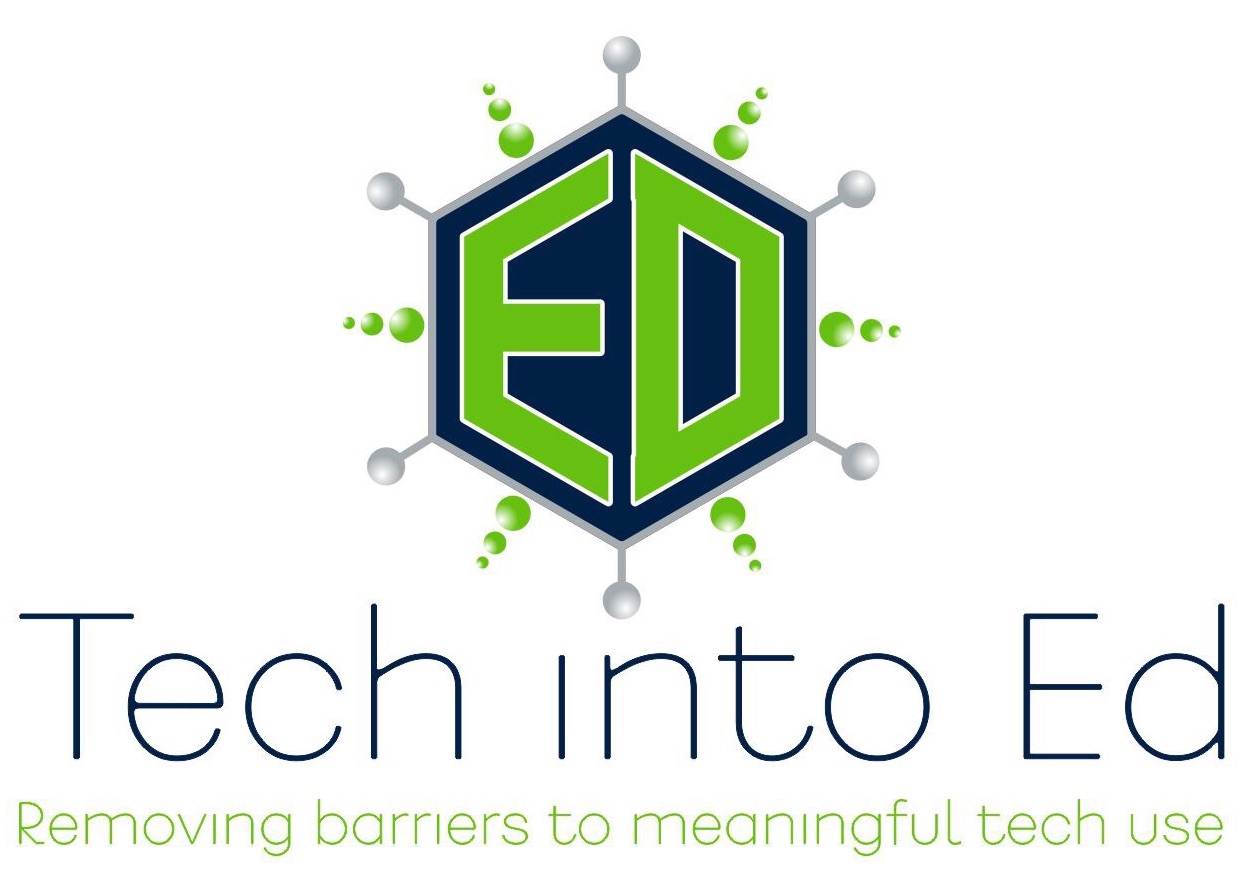
Removing barriers to MEANINGFUL technology use!
A Teachable Moment: Helping Students to Understand Permanence of the Digital Age
Surprised parents and staff members have been emailing me this week with a concern. Googling the keywords of our school district's name provides some information about the district along with an image that represents members of our student body, but not in the positive or academic light most of us might hope.
While there is a larger issue here of the district being improperly and unfairly represented in the public eye (we are presently working on a solution to this issue as we want the district positively and accurately represented for the meaningful teaching and learning that happens here), there is something we can use in this event to assist in a meaningful conversation with students and families.
With services like SnapChat and Instagram, Twitter, Tumblr, and Facebook, sharing with the world is easier than ever before. Especially with some of these services, but true for all, users often confuse the ability to instantaneously share with the world with the appropriateness of doing so. Add to that the sense of anonymity, the tidal wave of information that is being shared worldwide (as in "everybody is doing it"), and the false "promise" of the information existing only in the short term (services like InstaGram allow users to post to the world, but in very short intervals, as in 10-15 seconds, before the post is removed).
However, as so many of us are aware of, the truth is that once data is captured and posted in a public forum (and the Internet is a public forum), even if only for a few seconds, the potential exists for that data to live forever.
This is exactly how the image that presently represents our district in a Google search (not a decision consciously made by anybody in the district, by Google itself, but simply a result of an algorithm written and a change in the way Google presents information for ease of viewing), an image of some young people captured in a dance position while at a school dance that may have made them blush had their parents been present, came to be. It seems to have been captured and shared online, likely by a student interested in updating others on the fun of the evening. It probably didn't get much attention immediately. However, it was picked up in a story by a local news outlet about the appropriateness of student behavior at dances (not just our students...students across the area). That seems to have gained some traction with viewers, and the image has been viewed many times by many people. That moved the status of the image up in Google's search rankings. When the Google Knowledge Graph was created and launched publicly, the ranking of that image, coupled with the search term of our school's name, resulted in the "marriage" of the district's online reputation with a student's behavior at a moment in time. Something the students likely had not considered or even imagined in that moment.
As unfortunate as any of this may be, there is a teachable moment in this. In a digital world, our actions (both online and in real life) do not have the promise of privacy. While we may (or may not) disagree with this reality, it is still, in fact, a reality. This week's headlines about the availability of private digital data possibly available to government entities supports this reality.
Students need to hear that message -- in a digital world, our actions (both online and in real life) do not have the promise of privacy. They need to be engaged in the conversation. They need to consider how that information may positively or negatively impact them in the present and in the future. These are all meaningful discussions that we, as educators, cannot be afraid to engage in. Even if we are not technically savvy enough to know all of the latest digital tools, sites, trends, and methods. We have life experience enough to talk about the value of students holding themselves to a standard that they (and their families and communities) deem appropriate. We have life experience enough to talk about how decisions made in a weak moment today can forever impact our futures. This doesn't require knowledge about technology -- let the kids bring that knowledge and experience to the conversation. Instead, it takes us actively talking with kids and caring about their lives today, and in the future. And we do care!
That is the teachable moment in this.
A Thing or Two to Teach Our Kids About Technology
I'm fortunate to have colleagues from around the district feeding me great articles when they find them. This article, forwarded to me by Butler teacher, Mollie Heilberger, points to a critical point of conversation. Thanks, Mollie, for bringing this to my attention.
A recent article from the New Tech Network blog serves as a reminder to us that just because a student is born in an era where technology is omni-present, that doesn't necessarily mean that they are innately knowledgeable about how to use that technology productively for academic or professional pursuits.
Digital Native Does Not Mean Digital Literate
The blog post talks about a false assumption that we are all increasingly at risk of making about our students. The assumption asserts that simply because our youth have grown up in an era where the Internet, computer access, Google, and Facebook are readily accessible, our kids innately know how to utilize the tools for meaningful academic work.
It is no wonder that we make this assumption. For many of us, our lack of comfort with technology, mixed with the popularity of that same technology with most young people (I dare you to find one who doesn't regularly use a smart phone, or at least know how a smart phone works) leads us to believe that young people somehow just "get it" when it comes to technology. Mix that with a little bit of naive, misguided confidence on behalf of many young people in masterfully using various forms of technology (I dare you to find a classroom of kids that doesn't have a least one "expert" technologist on software he/she has never used before in his/her life), and it's easy to understand why we tend to trust that somewhere along our genetic lineage a dominant technology trait was formed and turned on with the invent of Google.
This is NOT to say that kids don't have some mad skills when it comes to the use of technology. Some of them do -- many do. More importantly, they have never known the fear of "breaking it," which hinders/paralyzes so many adults when it comes to technology use. It simply means that we cannot assume that they all have the same comfort with technology, or that they all can use technology for the deeper side of research that they need to engage in to meaningfully learn.
There are still many valued lessons that come with age, wisdom, and experience that teachers bring to the academic experience. These skills and lessons transcend medium -- no technology comfort or expertise required to put these skills to work. That is at the core of what we must offer our students as we work with them. It is the guidance that they need as they employ the digital tools that are at their fingertips to do the hard work of learning.
And it is in that gap between our discomfort with technology and their lack of life and academic experience that students and teachers can meaningfully connect to teach and learn from each other. This is where teaching Essential Skills, such as digital citizenship and research come into play. They may not be measured on standardized tests, but they are the skills that will ultimately help students to fail/succeed in lifelong pursuits.
So, the next time you integrate some element of technology into your classroom practice, don't be afraid to spend some time teaching the kids a thing or two about how to use the technology to become more academically, professionally, and personally productive with the tools.

